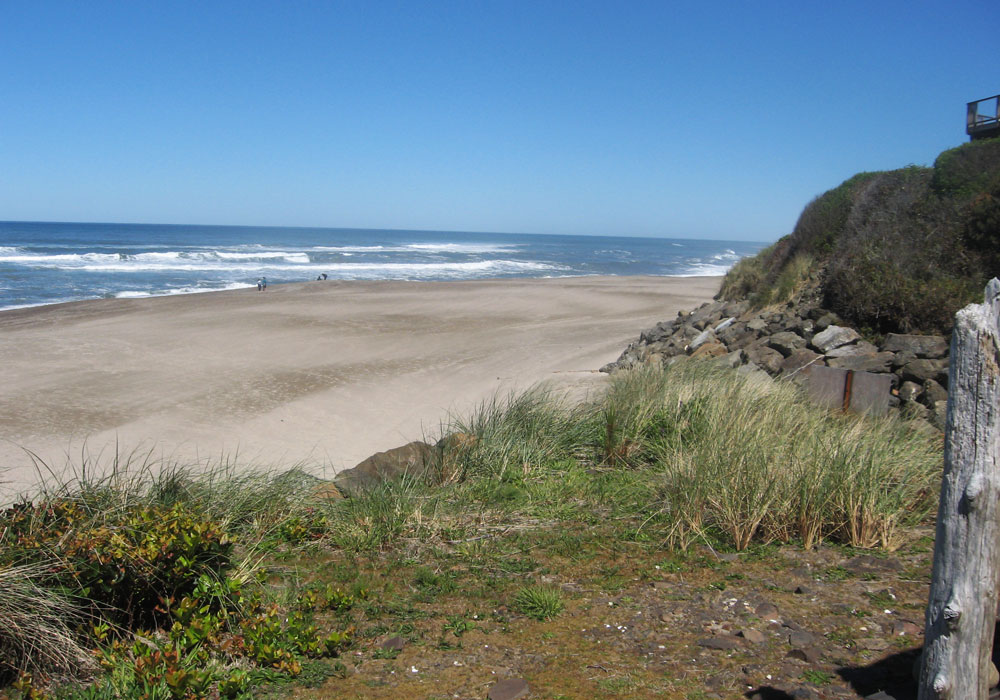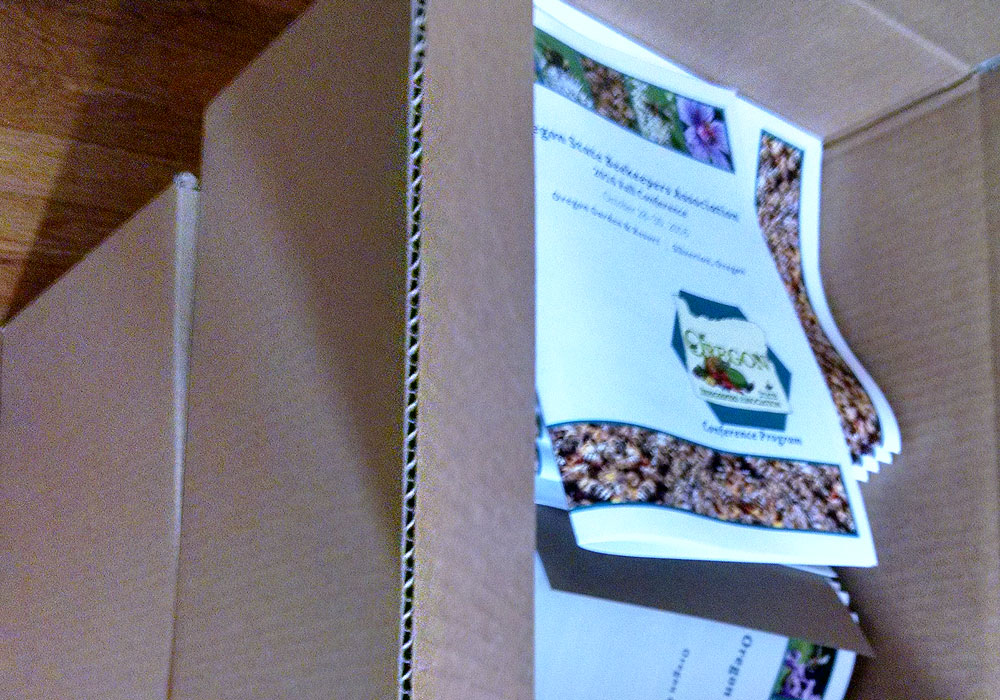March 2017
31Earlier this year, during a stay at a friend’s beach house at the Oregon Coast—a beach house with a view at that!—I watched an SUV bump its way over a rocky access point and roll out onto the sand. On emerging, the SUV’s occupant held up her camera and presumably took a few photos. She then got back into the vehicle and spun it around, at which point the SUV started spinning its wheels. When she halted the spinning and got back out again, she looked at the craters in the sand and then up toward the beach house. Although I had no shovel to offer when she asked for one, I did lend her the house’s dustpan—which I have since replaced. A tow truck arrived within the hour.
Rather than attempt to extract the vehicle by tugging on it, the truck instead patiently coaxed the SUV from its moorings. The straight, taut line between the two held firm, and neither vehicle budged a micron for a very long while. Then, nearly imperceptibly, the SUV began to float forward. The process continued for some time as the tow truck held its ground. It was only when the SUV was completely clear of ruts in the sand that the tow truck began a patient move forward, SUV in tow.
I asked the young woman asking for the shovel why she’d driven onto the sand. She told me she had four-wheel drive—as if that explained everything. There are times when I approach writing and editing as if I, too, have four-wheel drive. And I know I am not alone during those days when nothing is working, nothing is happening, and no amount of will is contributing to the work at hand. On such days, perhaps use of will even serves to push the project further from reach. Perhaps my sharpened pencils, no matter my drive, would better serve the work if I ease up, recognize what’s possible, and simply stay the course for the time being.
I had the thought when that little truck first appeared on the scene how fun it would be to be able to perform such a rescue. On reflection now, I think it’s clear that I might do well to keep the wisdom of the tow in mind to rescue writing and editing projects at hand.



Recent Comments